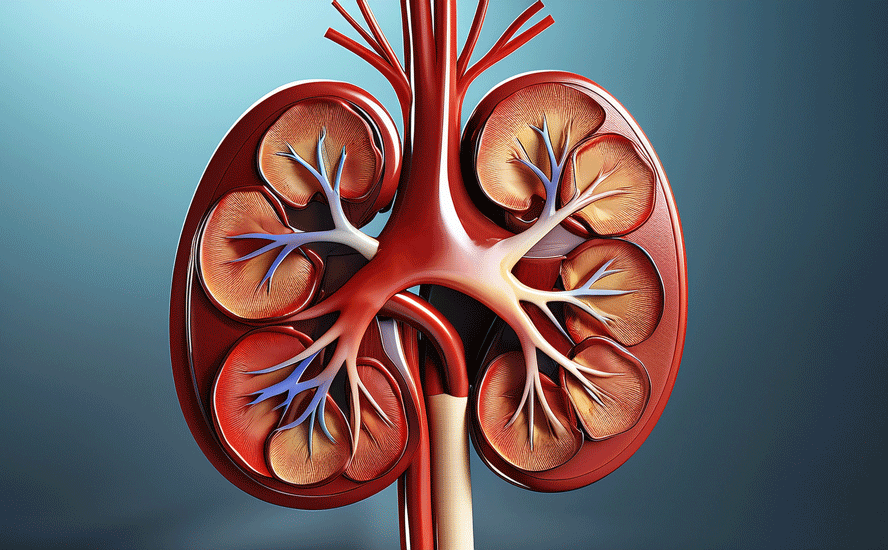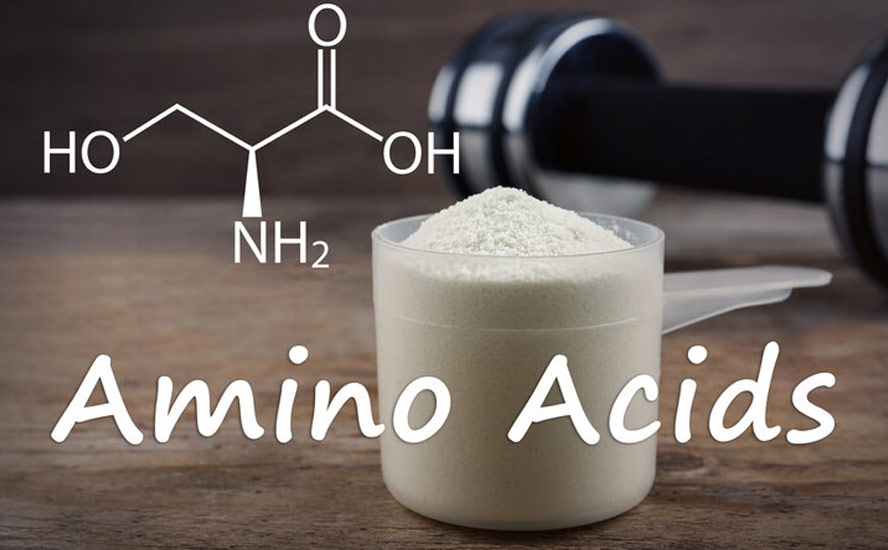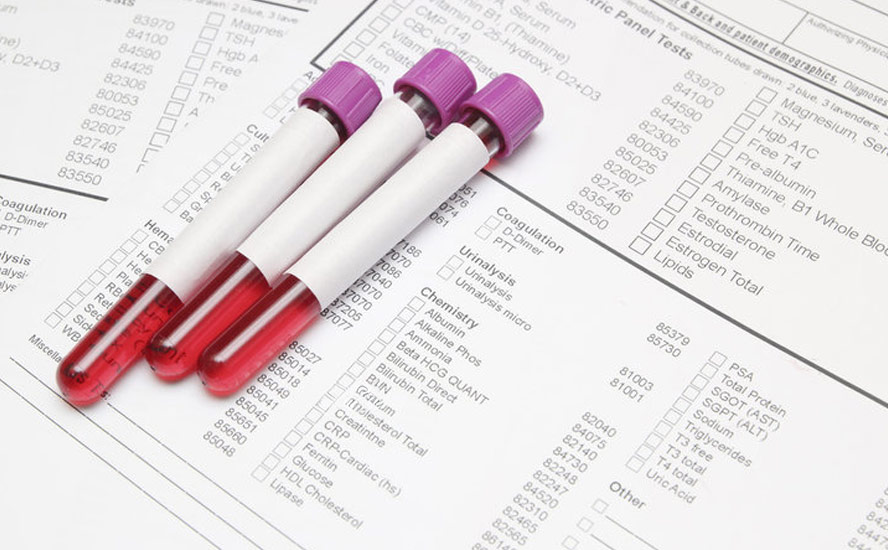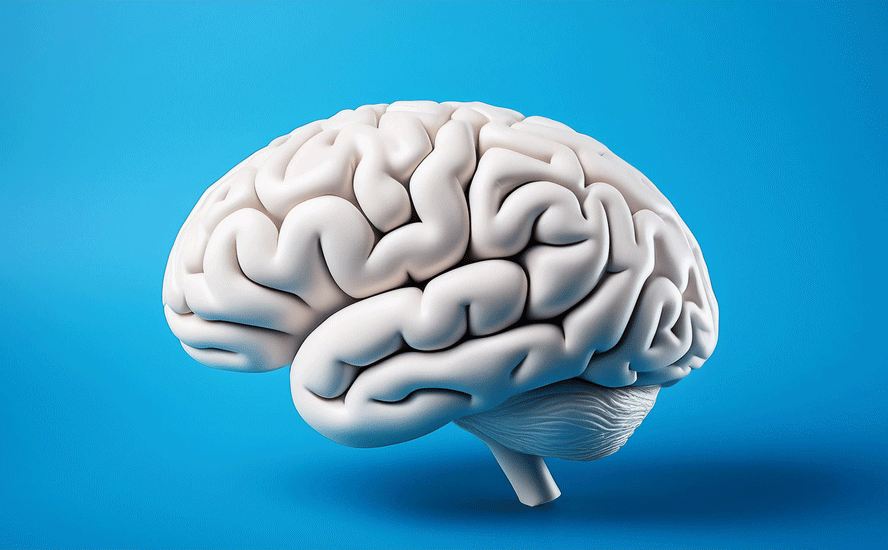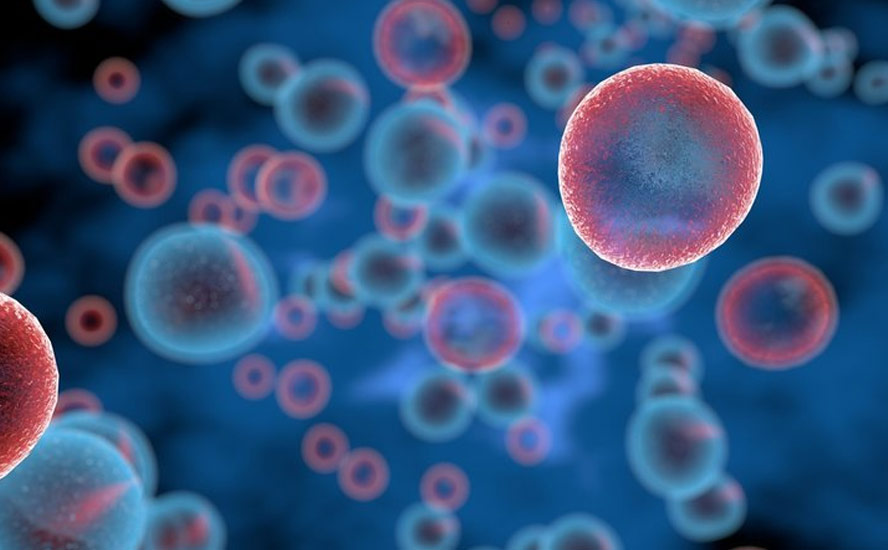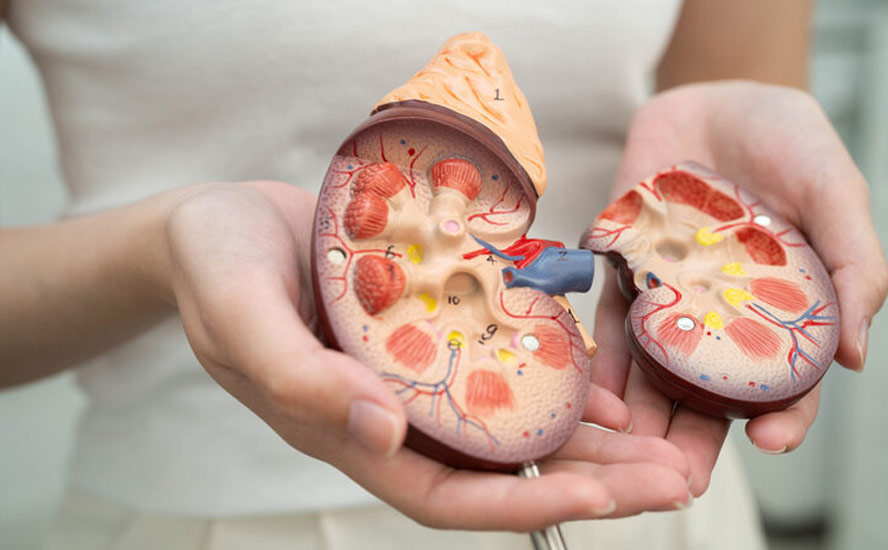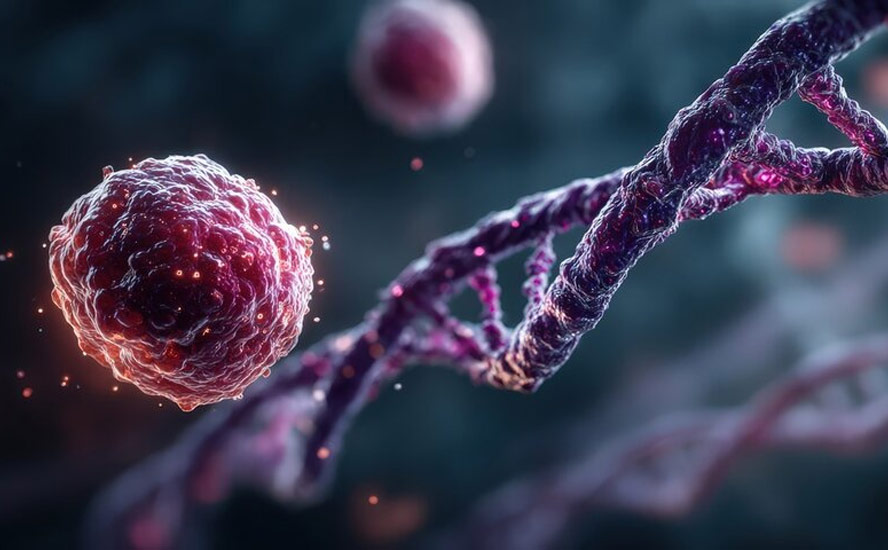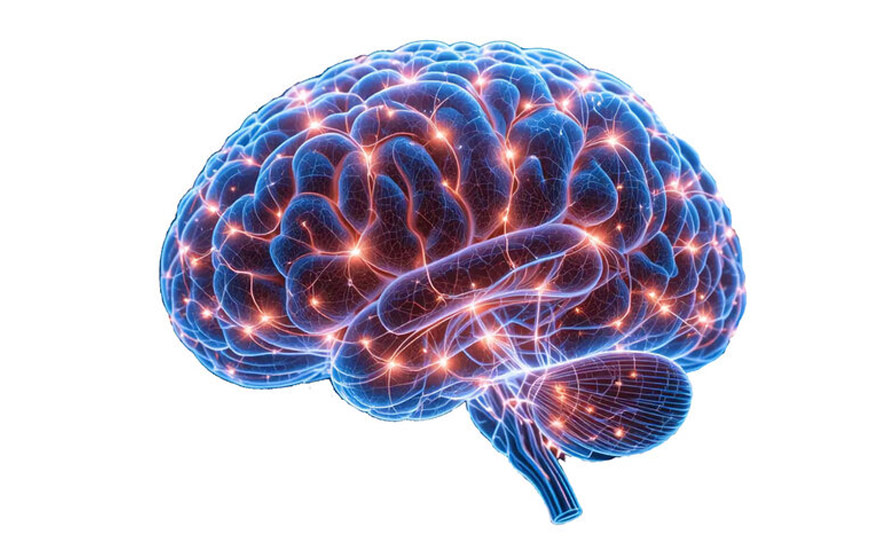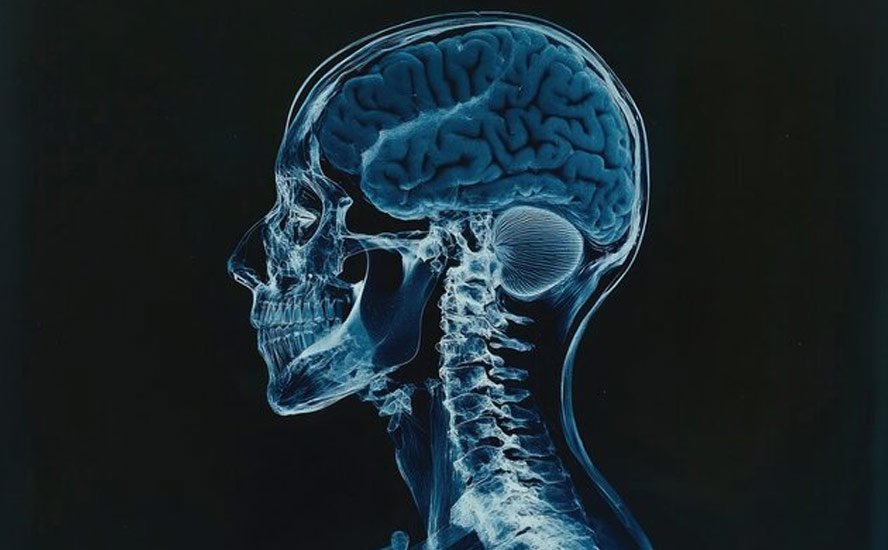Entheon Biomedical hires Dutch research firm to conduct human clinical trial of psychedelic drug DMT
2020.12.02
Opioids belong to a class of medications used to treat pain. Examples include codeine, morphine, oxycodone, diacetylmorphine and fentanyl. While opioids for hundreds of years have been used for pain relief, the dark side of their effectiveness is addiction.
From the earliest civilizations to present day, societies have needed to balance the medicinal properties of opioids with their euphoric effects, which can easily lead to mis-use and abuse.
The drug most responsible for the current opioid crisis is fentanyl – an especially potent painkiller. Fentanyl may be prescribed to patients or acquired illicitly. The presence of fentanyl in other substances dramatically increases the risk of overdose; it can cause fatalities even in trace amounts.
The opioid crisis
In 2015, the life expectancy rate of the United States fell for the first time in 100 years, according to World Bank data. This alarmed the American population, as most high-income countries at that time were still recording steady life expectancy growth.
Eventually, the culprit was found: the widespread use of opioid drugs. These medications, which are used to relieve pain by driving up the brain’s dopamine levels, are excruciatingly addictive.
Beginning in the late 1990s, the volume of opioid prescriptions in the US began to spike, resulting in the proliferation of drug overdose and suicide cases for the years and decades that followed.
Deaths linked to prescription and illegal drugs increased nearly sixfold between 1999 and 2018, with over 750,000 people having died from a drug overdose.
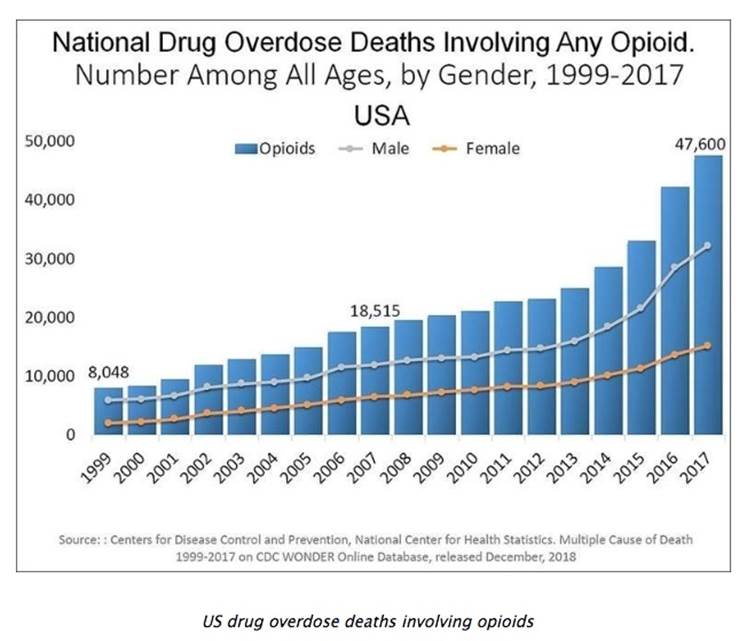
According to the US Department of Health & Human Services, some 130 people died every day from opioid-related overdoses in 2016-17. In 2017 alone, more people died from opioid overdoses than from HIV-related illnesses at the peak of the AIDS epidemic.
Things got even worse in 2018; an estimated 10.3 million Americans aged 12 and older misused opioids that year, leading to a death toll of just over 46,800.
North of the border, Canada also began to experience a similar crisis, with 10,337 opioid-related deaths between January 2016 and September 2018. It is estimated, of adults who used opioid medications in 2018, 9.6% reported some form of problematic abuse – including taking it in greater amounts than prescribed, and using it to get high or improve mood.
The current rise in opioid deaths can be attributed to three distinct waves. The first wave began with increased prescribing of opioids in the 1990s. A second wave started in 2010 with rapid increases in overdose deaths involving heroin. The third and current wave began in 2013 with a big jump in ODs involving synthetic opioids particularly fentanyl. A black market for fentanyl exists in combination with heroin, counterfeit pills and cocaine.
Treatment options
Opioids — along with alcohol and other drugs — are still contributing to a growing global health crisis.
Current methods of substance abuse treatment are insufficient considering the magnitude of reported deaths and the scientific and technological breakthroughs seen in other areas.
This is not due to a lack of trying. Governments and institutions worldwide have poured a substantial amount of taxpayer funds into developing treatment options. FDA-approved medications for treating opioid addiction include methadone, buprenorphine and naltrexone. These medications are meant to help modify brain chemistry and to relieve cravings and withdrawal symptoms. Often, therapeutic models like cognitive behavioral therapy, are suggested as an adjunct, to encourage the patient to change.
But so far, the available treatments for drug abuse have proven to be too costly, ineffective, or both. The cost of attending a drug treatment center could reach thousands of dollars a day, with success rates as low as 5% and high probability of repeat visits. Recovery programs like 12-Step, originally designed for alcoholism but now also offering narcotics addiction treatment, are free to partake in but efficacy rates are also low, usually in the single digits.
The International Narcotics Control Board estimates that, from a global perspective, only one in six patients, some 4.5 million people worldwide, receive adequate treatment.
The healthcare system in the US is not conducive to treatment efforts either. According to a US Surgeon General report, substance use disorder treatment “remains largely segregated from the rest of healthcare and serves only a fraction of those in need. ”This imbalance between demand and supply in the substance abuse treatment market can only mean one thing: opportunities for future addiction-treatment providers. It is forecast that this market is expected to expand at a CAGR of 8.7%, reaching a value of US$27.9 billion by the year 2025.
Entheon Biomedical Corp. (CSE:ENBI, FSE:1XU1)
One of the first companies to recognize this severe lack of treatment options was Entheon Biomedical (CSE:ENBI), which is researching and developing its own psychedelic products to close the existing “treatment gap”.
Using psychedelics’ long history of treating addictive disorders as a scientific basis, the company wishes to dispel any misconception about the clinical use of these medicines and develop therapeutic protocols designed to treat the underlying causes of addiction.
“The approach Entheon is taking is to really address the source of addiction at its core,” says CEO Timothy Ko, noting that the company understands addiction to be a complex network of psychological and emotional issues. “The premise of psychedelics is they help to create these massively powerful and profound experiences. Molecules such as DMT achieve that; we are creating a safe and medically supportive way of administering DMT.”
Watch a recent AOTH video: A new dimension in the treatment of addiction ENTHEON BIOMEDICAL Psychedelic Treatment
For hundreds of years, consciousness-altering substances called entheogens (hence, the company’s name) have been used by indigenous groups (in the form of ayahuasca, psychoactive mushrooms, etc.) to promote psychological and physical healing, and have been studied for a half-century by the Western medical and scientific community.
While it’s been over 50 years since the heyday of psychedelic research in the 1950s-60s, currently there are dozens of studies taking place to evaluate the safety and efficacy of psychedelic drugs or naturally occurring substances with psychoactive properties. For example, participants have taken psilocybin in medical settings to test its use in treating cluster headaches, depression, late-stage cancer, anxiety disorders, obsessive-compulsive disorder and addiction to alcohol and tobacco.
A major investment opportunity exists for companies that can tap into the vast market for drug therapies afflicting chronically depressed individuals. A recent study found that treatment-resistant depression affects about 5 million Americans and 17 million have major depressive order (MDD). There have been no new drugs offered for depression since the introduction of SSRIs in the 1980s, leaving this model open to disruption by alternative therapies like psychedelics. As Bloomberg notes in a recent video, SSRIs have side effects and, like opioids, can be habit-forming.
For now, Entheon Biomedical is solely focused on N,N-dimethyltryptamine (DMT), a powerful classic psychedelic. Unlike other psychedelics, like LSD or psilocybin, DMT has the unique quality of being very short acting. From the standpoint of costs and scalability, the short-acting and robust nature of the molecule make it the ideal candidate for medical use.
Entheon is developing a modified dosage form of DMT that will make the experience gradual, safe, and precisely bring the patient to a therapeutic level of immersion.

How it differs from other psychedelic experiences, is that if the patient has an adverse reaction, the experience can be stopped safely and quickly without the need for sedatives or other drug interventions. The patient can also request modification or cessation of treatment at any time. The company will combine its DMT protocol with various types of psychological support therapies, such as cognitive behavioural therapy and motivational enhancement therapy, ensuring patients are prepared prior to the psychedelic event, and are also supported with integration therapy afterwards.
The company is clearly differentiated from peers with this model.
Management is also preparing a human clinical trial, slated to begin in the summer of 2021.
This week, ENBI announced an agreement with CHDR, a Netherlands-based contract research organization (CRO), specializing in early-stage clinical drug research. CHDR is being hired to carry out a study to evaluate the pharmacodynamics, pharmacokinetics and safety of a target-controlled intravenous infusion of DMT in humans.
“The CHDR psychiatry team is looking forward to the exciting collaboration with Entheon in conducting this data-intensive study with DMT in humans. Characterization of both its functional central nervous system effects and its impact on subjective experience, and to relate these to its pharmacokinetics, is crucial to properly understand DMT’s potential as pharmacotherapeutic,” stated Gabiel Jacobs, CHDR research director of psychiatry, in the news release.
Timothy Ko, Entheon’s CEO, said, “With the CHDR’s partner pharmacy having successfully received an amendment to its opiate license to include DMT and having applied for its import permit for DMT, we are advancing on steps for our clinical trial, which is expected to start in the late summer of 2021.”

Assuming the clinical trial is successful, the plan is to put the data towards Entheon’s FDA, EMA and Canada Health approval applications.
Entheon Biomedical Corp.
CSE:ENBI, FSE:1XU1
Cdn$0.71, 2020.12.01
Shares Outstanding 40,388,851
Market cap Cdn$4.28m
ENBI website
Richard (Rick) Mills
aheadoftheherd.com
subscribe to my free newsletter
Ahead of the Herd Facebook
Legal Notice / Disclaimer
Ahead of the Herd newsletter, aheadoftheherd.com, hereafter known as AOTH.
Please read the entire Disclaimer carefully before you use this website or read the newsletter. If you do not agree to all the AOTH/Richard Mills Disclaimer, do not access/read this website/newsletter/article, or any of its pages. By reading/using this AOTH/Richard Mills website/newsletter/article, and whether or not you actually read this Disclaimer, you are deemed to have accepted it.
Any AOTH/Richard Mills document is not, and should not be, construed as an offer to sell or the solicitation of an offer to purchase or subscribe for any investment.
AOTH/Richard Mills has based this document on information obtained from sources he believes to be reliable but which has not been independently verified. AOTH/Richard Mills makes no guarantee, representation or warranty and accepts no responsibility or liability as to its accuracy or completeness. Expressions of opinion are those of AOTH/Richard Mills only and are subject to change without notice. AOTH/Richard Mills assumes no warranty, liability or guarantee for the current relevance, correctness or completeness of any information provided within this Report and will not be held liable for the consequence of reliance upon any opinion or statement contained herein or any omission. Furthermore, AOTH/Richard Mills assumes no liability for any direct or indirect loss or damage or, in particular, for lost profit, which you may incur as a result of the use and existence of the information provided within this AOTH/Richard Mills Report.
AOTH/Richard Mills is not a registered broker/financial advisor and does not hold any licenses. These are solely personal thoughts and opinions about finance and/or investments – no information posted on this site is to be considered investment advice or a recommendation to do anything involving finance or money aside from performing your own due diligence and consulting with your personal registered broker/financial advisor. You agree that by reading AOTH/Richard Mills articles, you are acting at your OWN RISK. In no event should AOTH/Richard Mills liable for any direct or indirect trading losses caused by any information contained in AOTH/Richard Mills articles. Information in AOTH/Richard Mills articles is not an offer to sell or a solicitation of an offer to buy any security. AOTH/Richard Mills is not suggesting the transacting of any financial instruments but does suggest consulting your own registered broker/financial advisor with regards to any such transactions
Richard does not own shares of Entheon Biomedical (CSE:ENBI). ENBI is a paid sponsor of his site aheadoftheherd.com
Legal Notice / Disclaimer
Ahead of the Herd newsletter, aheadoftheherd.com, hereafter known as AOTH.Please read the entire Disclaimer carefully before you use this website or read the newsletter. If you do not agree to all the AOTH/Richard Mills Disclaimer, do not access/read this website/newsletter/article, or any of its pages. By reading/using this AOTH/Richard Mills website/newsletter/article, and whether you actually read this Disclaimer, you are deemed to have accepted it.


